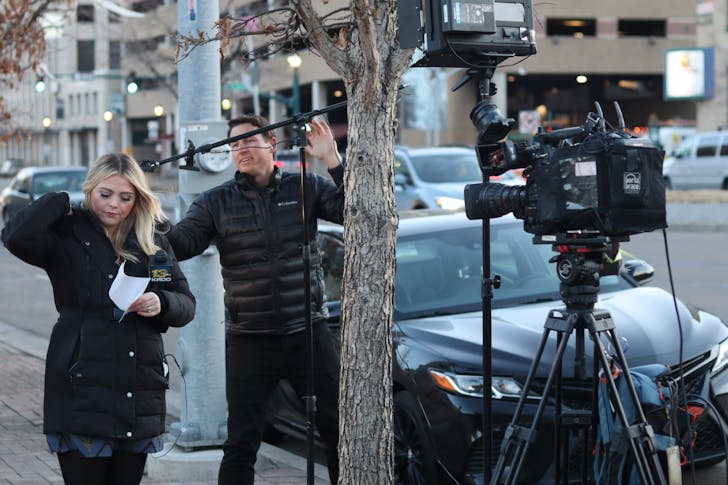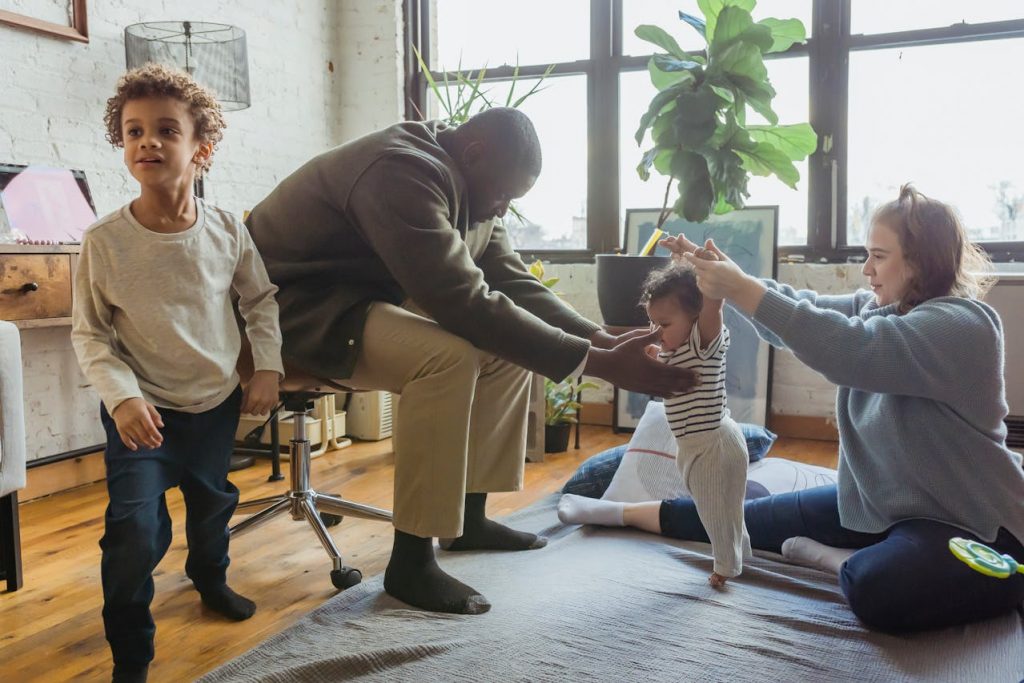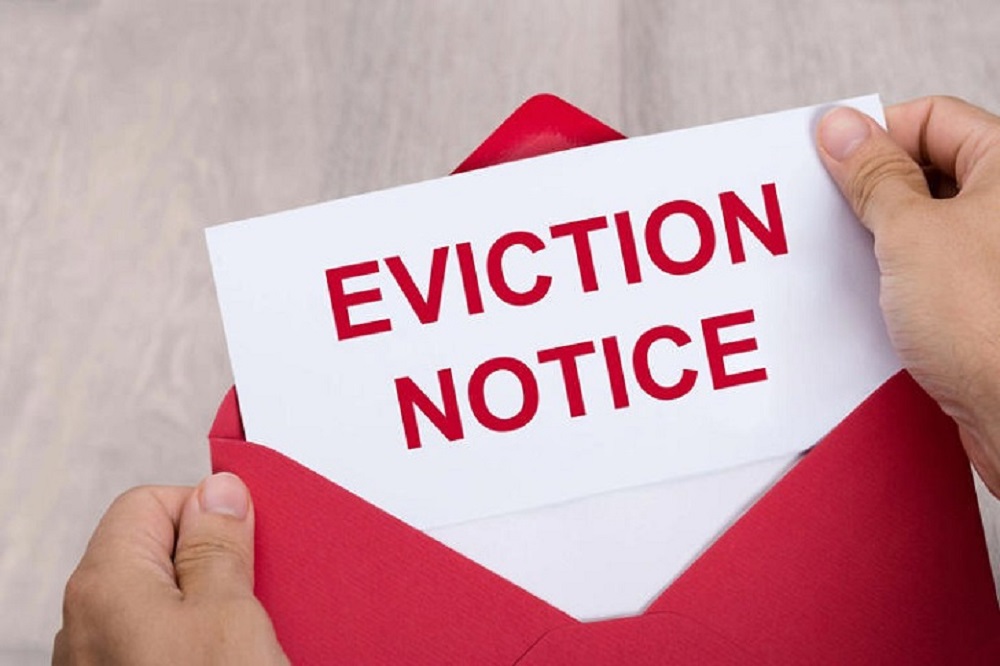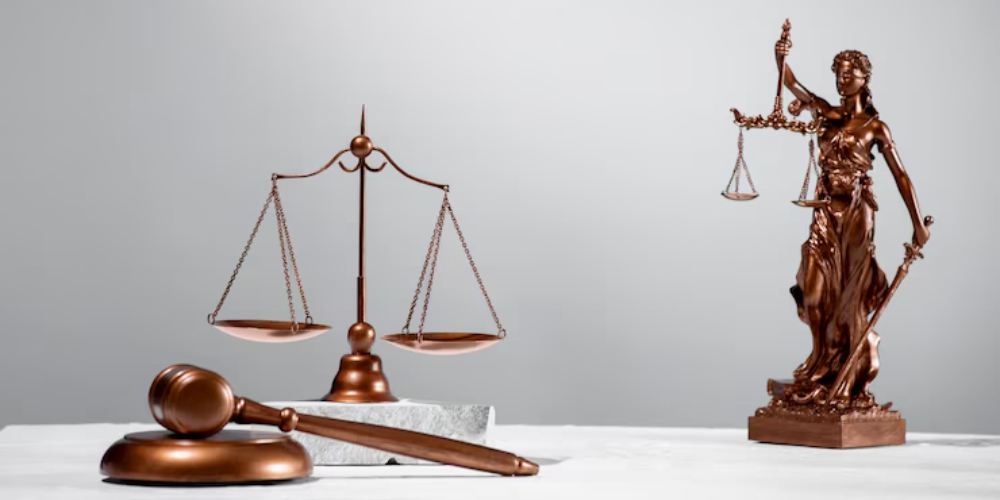
Can You Legally Record Someone Without Their Consent? Here’s What the Law Says

Is it legal to follow someone to film them? Well, it is a tricky question, and the answer is not as black-and-white as you might think. While laws vary depending on where you are, the distinction often lies in privacy expectations.
Now, let’s unpack the legal and ethical aspects of recording someone in different settings.
Understand Public & Private Spaces First
To start, is it legal to follow someone to film them in public? Generally, yes. If you are in a public space like a park, sidewalk, or shopping mall, you are free to film what you see. People in these areas have limited expectations of privacy.

Lucas / Unsplash / Security cameras, vloggers, and even tourists are constantly recording in such spaces. And there is little anyone can do about it.
However, the rules change when it comes to private spaces. Filming someone without consent in places like bathrooms, changing rooms, or their private property is illegal. Here, privacy is a reasonable expectation, and any unauthorized recording could land you in serious legal trouble.
Know the Privacy Expectations
Is it legal to follow someone to film them if they are in a public setting but visibly uncomfortable? Legally, yes, but ethically, it is murkier. While you might not face legal repercussions for filming in public, harassing someone with a camera can lead to complaints.
Persistent following may even lead to stalking charges, depending on your behavior and intent.
In contrast, private spaces are clear-cut. Recording someone without their knowledge in a private area – like their home or a private office – violates privacy laws. Even if you own the space, such as an Airbnb rental, placing hidden cameras in private areas like bedrooms or bathrooms is strictly prohibited.
Audio vs. Video: Key Legal Differences
Here is a crucial distinction: Recording video and recording audio are governed by different laws. While video recording in public spaces is broadly allowed, audio recording often requires consent.

Blaze / Pexels / In many states, you need permission from at least one party to legally record a conversation. Some states, like California, mandate consent from all parties involved.
Why the disparity? Audio recording laws aim to protect personal conversations from eavesdropping. If you are filming someone in public, ensure you are not unintentionally recording their voice without consent.
Failing to comply can result in hefty fines or even criminal charges.
Is It Legal to Follow Someone to Film Them?
Let’s get practical. If you are filming in public, do you need to blur faces or seek permission? Technically, no – if you are not using the footage commercially. However, once you publish or monetize the video, the stakes change. Selling images or videos featuring identifiable people requires their consent.
Failing to secure this can lead to lawsuits, especially if the footage damages their reputation.
Public figures, like celebrities or politicians, are an exception. You can film and share their images as long as the content is not defamatory. Even then, exercise caution when discussing or portraying them, particularly high-profile individuals like a president and their family, who are more likely to sue for misrepresentation.
However, private property introduces another layer of complexity. Is it legal to follow someone to film them on private property? Only with the owner’s permission. Restaurants, stores, and offices might allow filming. But it is crucial to get explicit consent.
Property owners have the right to deny recording on their premises, even if the space is open to the public.
When to Seek Legal Guidance?
If you are unsure about the legality of a specific recording scenario, consulting an attorney is your safest bet. This is particularly true for complex situations involving private property, hidden cameras, or commercial use of recorded footage.
A lawyer can clarify state-specific laws and help you avoid costly mistakes.
More in Arbitration
-
`
What Are Legal Margins for a Letter? Crafting a Professional Legal Letter
Writing a professional legal letter requires careful consideration of various elements to ensure clarity, precision, and effectiveness. One crucial aspect to...
August 29, 2024 -
`
How to Remove Someone From Your Family Tree
Managing a family tree can be a fulfilling journey, but sometimes, there is a need to remove certain profiles. Whether the...
August 24, 2024 -
`
Why Did Yolanda and David Frost Divorce?
Why did Yolanda and David Frost divorce? This question has lingered in the minds of many, given their seemingly perfect union....
August 12, 2024 -
`
Can You Go to Jail for Not Paying Child Support? Here’s What Happens
Can you go to jail for not paying child support? Failure to pay child support can have severe consequences, including the...
August 9, 2024 -
`
Can a Mentally Disabled Person Be Evicted? Here’s What the Law Says
Can a mentally disabled person be evicted? Eviction is a complex process, especially when it involves tenants with disabilities who are...
August 1, 2024 -
`
Can I Sue for Hostile Work Environment After I Quit? What You Need to Know
Can I sue for a hostile work environment after I quit? Quitting a job does not necessarily mean forfeiting your right...
July 25, 2024 -
`
Everything You Need to Know About California’s Knife Laws
Is it legal to carry a knife in California? This question is common among residents and visitors alike. Understanding California’s knife...
July 20, 2024 -
`
Who Can Overrule a Family Court Judge? Comprehensive Appeal Guide
Family court decisions can be deeply personal and involve complex legal matters. From child custody disputes to alimony settlements, family court...
July 12, 2024 -
`
Who Killed Ashley Prince and Her Lawyer Husband in Custody Battle Saga?
A legal battle over the custody of two children turned tragic last week in Las Vegas when a deposition hearing escalated...
July 2, 2024









You must be logged in to post a comment Login